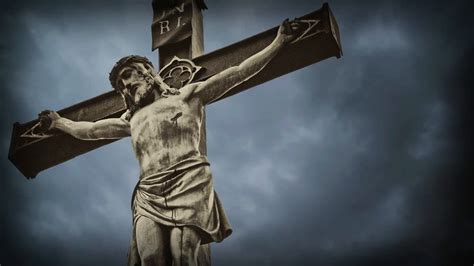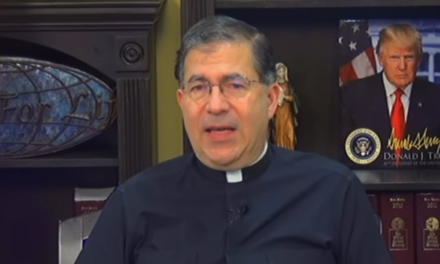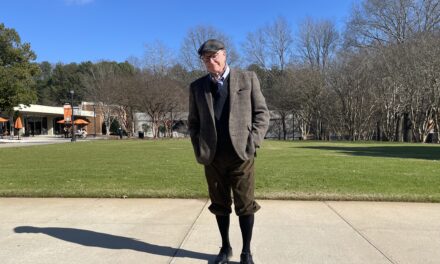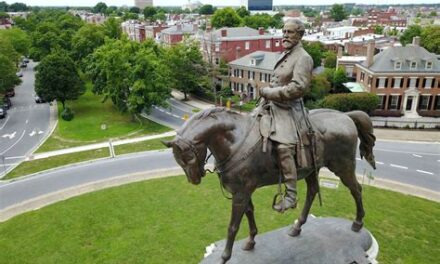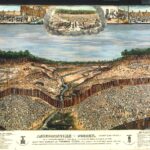Those of us whose Christian walk moves through the liturgical calendar appreciate the special blessings in the regular observance of holidays and, more to the point, holy seasons. Yet we all associate in work and on social occasions with Christians whose churches or denominations do not bother to recognize Epiphany or Lent, to whom the phrase “Holy Week” sounds like something out of Scientology, and for whom “Pentecost” (as in Pentecost Sunday) is missing an al suffix. This very morning I caught the not unexpected look of perplexity in the eyes of a classroom of students when I referred to Easter or Eastertide as something ongoing—for a few more weeks in fact.
In Western low Protestant America, holidays, however much, as Prince Hal said in Shakespeare, they are rare and wished for, are considered by many as something of a pleasant nuisance. They interrupt the everyday flow of workaday life; as for the lengthier holidays, the interruption is almost more than some businessman can take.
I hope I’m not sounding derisive here; I respect those dedicated to doing a job well and seeing it to completion, and I hope I’m among their number. But a life without holidays—whether we work on them or not—is a life impoverished, one spent in blindness, sometimes willful, to visible practices and signs that remind us of our true calling.
That sad phenomenon is nothing new. Looking back thousands of years through the lens of Holy Scripture, one sees the experience of the Israelites as typologically instructive. God’s Chosen People, the eventual Christ-bearing nation, the peculiar people were granted a vision of things vouchsafed to no other group. If we consider their experience in Exodus alone, we’ll garner more than enough evidence of how privileged they were.
They saw the plagues in Egypt, experienced the grace of Passover, walked by a pillar of cloud in day and a pillar of fire at night, crossed the Red Sea on dry ground, witnessed the destruction of their enemies, drank water that spouted from a rock, and ate manna (as we are later told, the food of angels). That short list is incomplete, but it’s adequate testimony to the wonders God worked on their behalf.
Certainly, these should have been more than simply memorable occurrences; they were miraculous and spectacular evidences of God’s power and care. Later we find in many passages the Israelites’ habit of erecting landmarks of where they had been and what they’d seen. We call such things memorials, which is precisely what they were.
Yet the Israelites forgot God’s grace. It was no time before they were worshiping the golden calf, listening to seditious rabble-rousers, grumbling about the food, and begging to return to Egypt: a forgetful and rebellious people. They needed reminding, and all too soon the lesson they were forced to learn was a forty-years postponement to their entry into the Promised Land. I’ve often wondered, as indeed you may have, how many places they passed during those long years in which they crossed streams and camped in sites they’d been before where wonders had taken place. Did they marvel at how easily they’d forgotten the unforgettable?
The later history of Israel is not much better. They finally entered Canaan, but again they forgot what they knew and dwindled to a small remnant of faithful adherents of the One True God, surrounded by a general population of wannabe pagans. Apostate figures abound in Israel’s history: Saul, the later Solomon, Ahab and Jezebel (not the feminist blog—not quite), Manasseh, Zedikiah, frequently overseeing abominable rites in a temple that was supposed to be God’s house.
What were they thinking? The question is easy enough to ask. But every so often when I’m tempted to congratulate myself for not being of them, I stop and consider how prone I am to forget the Loving Father who sent his only Son to die for my sins, who with the Son sent the Holy Ghost, the comforter, to indwell me and perfect me in His ways. Is life so busy that I cannot consecrate my every act to God?
At times the answer seems to be yes. And so let’s thank God for Holy Days. They act much the same for us as the memorials in the desert did for the Israelites, as signposts declaring the miraculous events that occurred centuries ago and that, because they really did happen, ground us in faith, hope, and love. We were dead, yet now we live. Celebrating that reality in the cycle of the year is a necessity for our spiritual maturity, a blessing we never deserved, and a joy as we move closer and closer to eternal communion with the Triune God.

